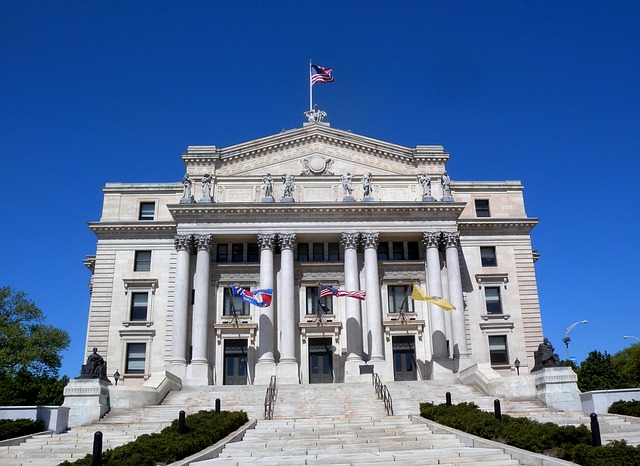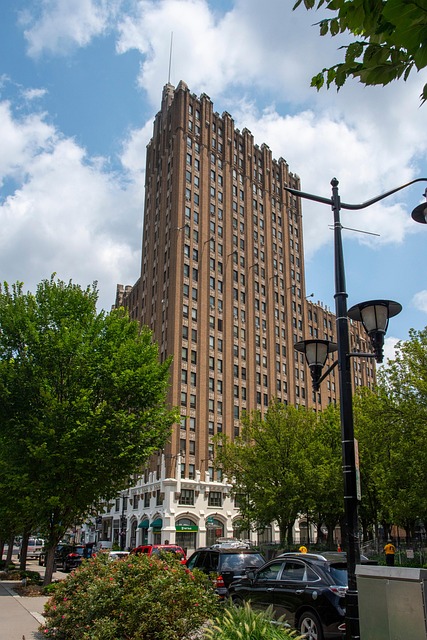Hazing, a growing concern in Newark's educational institutions, involves sexual misconduct and assault with severe legal repercussions. Specialized law firms offer crucial support, guidance, and navigation through the legal system for victims. These firms combat power abuse, emphasizing the need for safe environments, robust policies, and consent culture. Collaborating with a reputable hazing abuse law firm deters perpetrators and enhances institutions' legal obligations. Prompt action is vital for survivors; connect with experts to navigate rights, seek justice, and heal while holding accountable those responsible, as statutes of limitations apply.
“In Newark, New Jersey, where sexual assault cases have gained significant attention, understanding hazing and its legal implications is crucial. This article explores the complex landscape of hazing abuse, particularly within educational institutions. We delve into the responsibilities of schools in preventing such incidents, offering a comprehensive guide for victims considering legal action against hazing practices. With a focus on a leading hazing abuse law firm in Newark NJ, this resource aims to empower survivors and educate institutions.”
Understanding Hazing and Its Legal Ramifications

Hazing, often associated with secretive rituals in fraternities or sports teams, has evolved to encompass a broader range of behaviors, including sexual misconduct and assault. This pervasive issue within educational institutions carries severe legal ramifications, especially when committed against students. In Newark, NJ, where many colleges and universities are located, victims of hazing-related sexual abuse have recourse through specialized law firms dedicated to addressing these heinous acts.
These law firms not only provide legal counsel but also offer a supportive environment for survivors to share their stories. They help navigate the complex legal system, ensuring that perpetrators face justice and victims receive the compensation they deserve. Understanding hazing as a form of power abuse is crucial; it often involves coercion, manipulation, or physical force, leaving lasting psychological scars on victims. Consequently, those affected need more than just healing; they require legal protections and support to restore their sense of safety and well-being.
The Role of Educational Institutions in Prevention

Educational institutions play a pivotal role in preventing hazing and sexual assault on campus. They are responsible for fostering a safe, respectful environment that discourages harmful behaviors. This involves implementing comprehensive policies and procedures to address hazing abuse, providing mandatory training for students, faculty, and staff, and promoting a culture of consent, respect, and accountability.
By collaborating with a reputable hazing abuse law firm in Newark, NJ, institutions can ensure they are meeting legal obligations and effectively handling incidents when they occur. This proactive approach not only protects individuals but also serves as a deterrent for potential perpetrators, ultimately contributing to a safer learning environment for all students.
Navigating Legal Actions: A Guide for Victims

If you’re a victim of hazing-related sexual assault within educational institutions in Newark, NJ, understanding your legal rights is crucial. Navigating legal actions can be overwhelming, but a dedicated hazing abuse law firm can provide much-needed guidance and support. These firms specialize in complex cases involving power imbalances, such as those found in school settings, and have the expertise to help you seek justice.
They will assist you in gathering evidence, documenting your experiences, and presenting a strong case against the perpetrators and any institutions that may have contributed to or overlooked the abuse. Remember, time is of the essence; many states have strict statutes of limitations for sexual assault cases, so prompt action can ensure your legal options remain open. With their help, you can take the necessary steps towards healing and hold those responsible accountable under the law.






